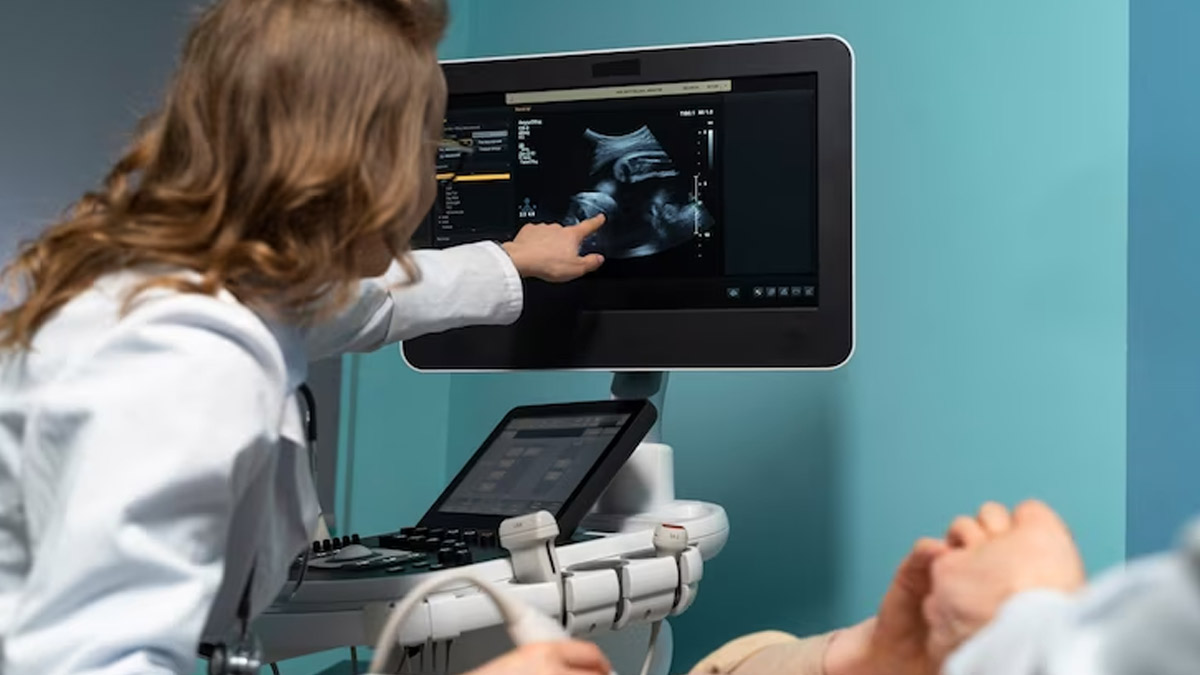
Preparing yourself before a gynecologist appointment can help ensure that you have a smooth and comfortable experience. Visiting a gynecologist can be intimidating for some individuals, especially if it's their first time. However, with proper preparation, you can feel more confident and make the most out of your appointment. Here are some tips on how to prepare yourself before a gynecologist appointment.
Research And Understand The Purpose Of The Appointment
It's important to have a clear understanding of why you're visiting the gynaecologist. Research and educate yourself about the purpose of the appointment. It could be for a routine check-up, contraception counseling, menstrual concerns, or any other gynaecological issue. Having a basic understanding of the reason behind your visit will help you be more prepared and know what to expect during the appointment.
Choose The Right Time For Your Appointment
Consider scheduling your appointment during a time when you won't be on your period. This is because some gynaecological exams, such as a Pap smear, may not be as accurate during menstruation. If possible, choose a time when you're not experiencing any discomfort or pain, and you feel physically and emotionally comfortable.
Read: On World Liver Day 2023: Expert Advise- Top 5 Risk Factors For Liver Disease
Write Down Your Questions And Concerns
Before your appointment, make a list of any questions or concerns you may have. This could be anything related to your menstrual cycle, sexual health, birth control options, or any other issues you want to discuss with your gynaecologist. Writing down your questions and concerns will help you remember them during the appointment and ensure that you get the answers and guidance you need.

Bring Your Medical History And Relevant Documents
It's important to provide your gynaecologist with your complete medical history, including any previous gynaecological procedures, surgeries, or health conditions. If you have any relevant documents such as previous test results or imaging reports, bring them with you to the appointment. This information will help your gynaecologist assess your overall health and provide appropriate recommendations or treatment options.
Practice Good Hygiene
Before your appointment, make sure to practice good hygiene. Take a shower, wear clean and comfortable clothes, and avoid using any vaginal products, such as douches or powders, as they may interfere with the accuracy of the examination. It's also important to empty your bladder before the appointment as some exams may require a full bladder.
Be Prepared For A Physical Exam
Depending on the purpose of your appointment, your gynaecologist may conduct a physical exam. This may include a breast exam, pelvic exam, or a Pap smear. Be mentally prepared for these exams and understand that they are routine procedures for gynaecological care. If you have any concerns or discomfort, don't hesitate to communicate with your gynaecologist and ask questions.
Read: Summer Eye Care For Aging Adults: Expert Tips To Maintain Eye Health And Vision
Bring A Support Person If Desired
If you feel anxious or nervous about your appointment, consider bringing a support person with you. It could be a friend, partner, or family member who can provide emotional support and accompany you during the appointment. Having someone by your side can help you feel more at ease and provide additional support during the appointment.

Be Honest And Open With Your Gynaecologist
It's important to be honest and open with your gynaecologist during your appointment. Don't hesitate to discuss any symptoms, concerns, or questions you may have. Your gynaecologist is a medical professional who is there to provide you with the best care possible, and they need accurate information to make an appropriate diagnosis or provide appropriate recommendations.







